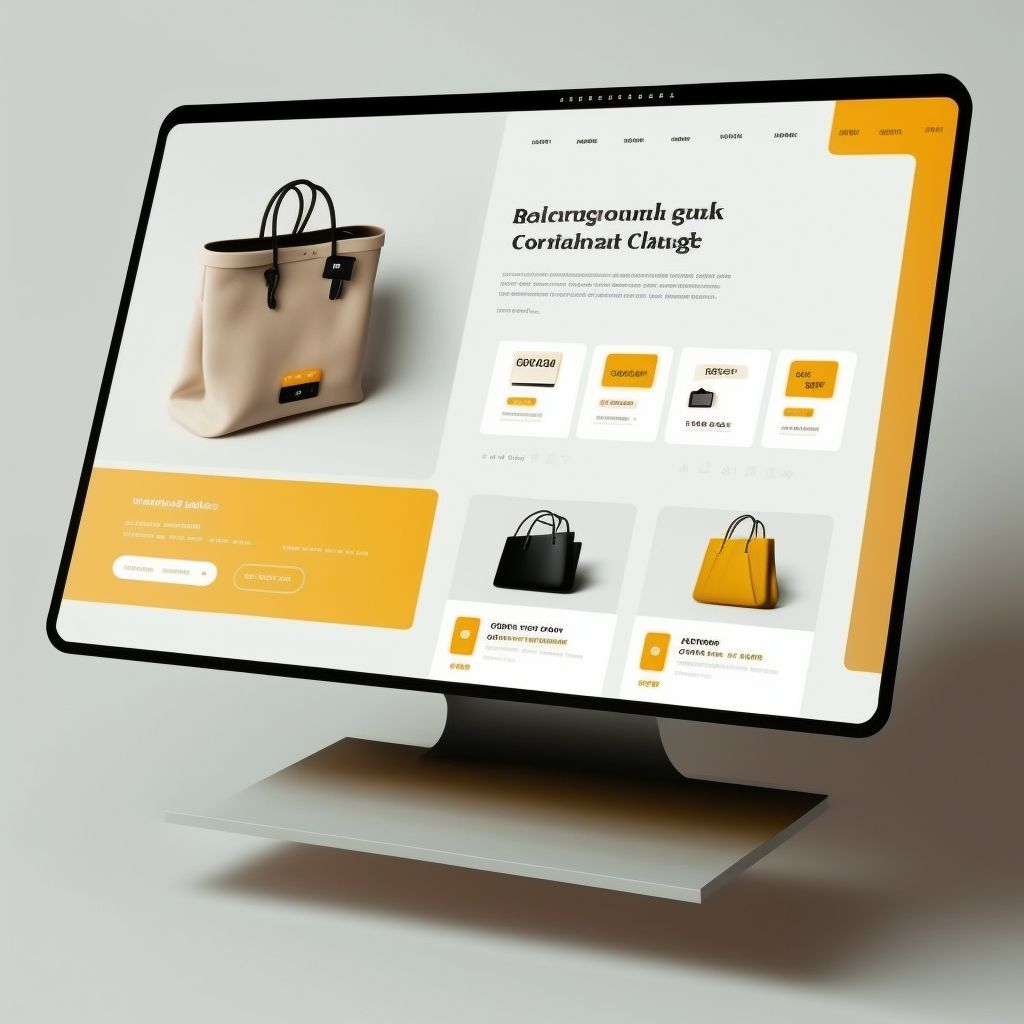Step into the future with me! Let’s explore an untapped dimension in SEO, a realm where virtual reality (VR) and augmented reality (AR) blend with our digital marketing strategies. The question is no longer if VR and AR are relevant for SEO, but rather how we can optimize these experiences for maximum visibility and engagement. So, let’s plug in, boot up, and dive into the world of VR and AR SEO!

Why Should We Care About SEO for VR and AR?
As VR and AR technologies become increasingly commonplace, businesses are using them to provide immersive experiences that engage users like never before. By 2023, the AR and VR market is expected to reach an estimated $160 billion, which is a massive playground for the world of SEO.
How Does SEO for VR and AR Work?
Just like traditional SEO, VR and AR SEO focuses on improving visibility and user experience. However, the optimization process looks a little different. For VR and AR, SEO involves optimizing the content within the VR and AR environments, as well as ensuring that the VR and AR apps are easily discoverable in app stores.
Key Strategies to Optimize SEO for VR and AR
- App Store Optimization (ASO): Similar to SEO, ASO involves optimizing your VR and AR apps’ listings to improve their ranking in app stores.
- In-App SEO: This involves optimizing the VR and AR content, including metadata, keywords, and visual elements.
- Linking Strategies: Link building isn’t just for traditional SEO; it’s essential in VR and AR SEO too. It includes creating connections between your VR and AR experiences and your other digital properties.
- Local SEO: For AR apps that use geolocation, local SEO can help ensure your app appears when users are nearby.
How to Perform App Store Optimization for VR and AR Apps
- Keyword Optimization: Just like traditional SEO, keyword research is key. Use relevant, high-volume keywords in your app title and description.

- Ratings and Reviews: Encourage users to rate and review your app. These factors can significantly impact your app’s ranking.
- App Description: Make your app description clear and compelling, highlighting the unique features of your VR or AR experience.
- Regular Updates: Regularly updating your app signals to the app store that your app is active and well-maintained.
Pro Tips for In-App SEO for VR and AR
- Optimize Metadata: Just as you’d optimize the metadata of a webpage, you should also optimize the metadata within your VR or AR experiences.
- Use Keywords Wisely: Keywords are not just for text-based content. They should also be incorporated into your VR and AR content.
- Optimize Visual Elements: Search engines are getting better at understanding visual content. Make sure to optimize visual elements within your VR or AR experiences.

Building Links to Improve VR and AR SEO
Link building in VR and AR SEO involves creating connections between your VR and AR experiences and your other digital properties. This could involve linking from your website to your VR or AR apps or creating QR codes that link to your VR or AR experiences. Remember, quality links are vital!
SEO for Geolocation-Based AR Apps
For AR apps that use geolocation, local SEO can be a game-changer. Be sure to claim and optimize your Google My Business listing and encourage users to leave reviews. Additionally, use local keywords in your app’s description and metadata.
Conclusion
VR and AR technologies are reshaping our digital landscapes. As SEOs, we must be ready to optimize these new experiences. Remember, the virtual world is your new playground; it’s time to dive in and explore! Want to learn more digital updates? Subscribe to our newsletter.
How does SEO for VR and AR work?
SEO for VR and AR focuses on improving visibility and user experience in app stores and within the VR and AR environments.
What is App Store Optimization?
App Store Optimization (ASO) involves optimizing your VR and AR apps’ listings to improve their ranking in app stores.
What is in-app SEO for VR and AR?
In-app SEO for VR and AR involves optimizing the content within the VR and AR experiences, including metadata, keywords, and visual elements.
How does local SEO benefit geolocation-based AR apps?
Local SEO ensures geolocation-based AR apps appear when users are nearby. This involves claiming and optimizing your Google My Business listing and using local keywords in your app’s description and metadata.
Don’t forget to visit d-dat.com for more quality and useful blog posts!







